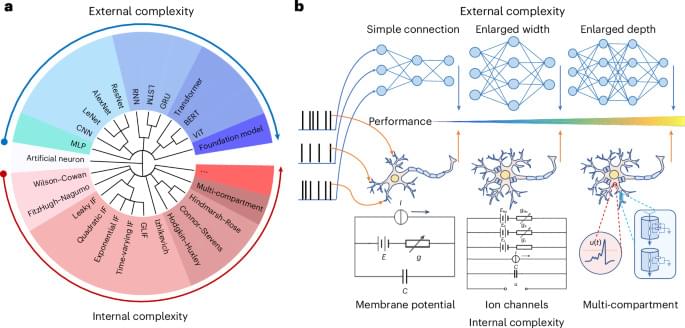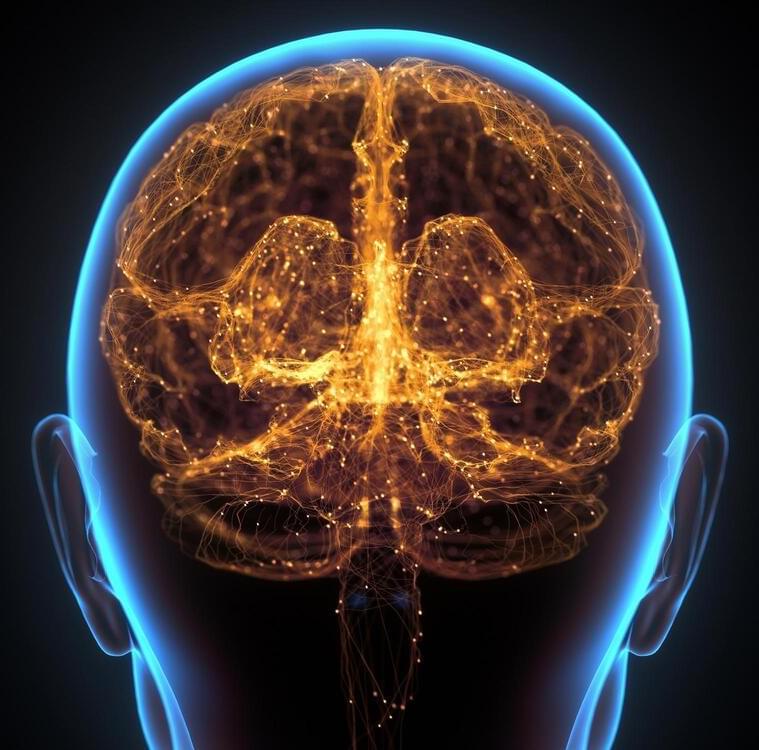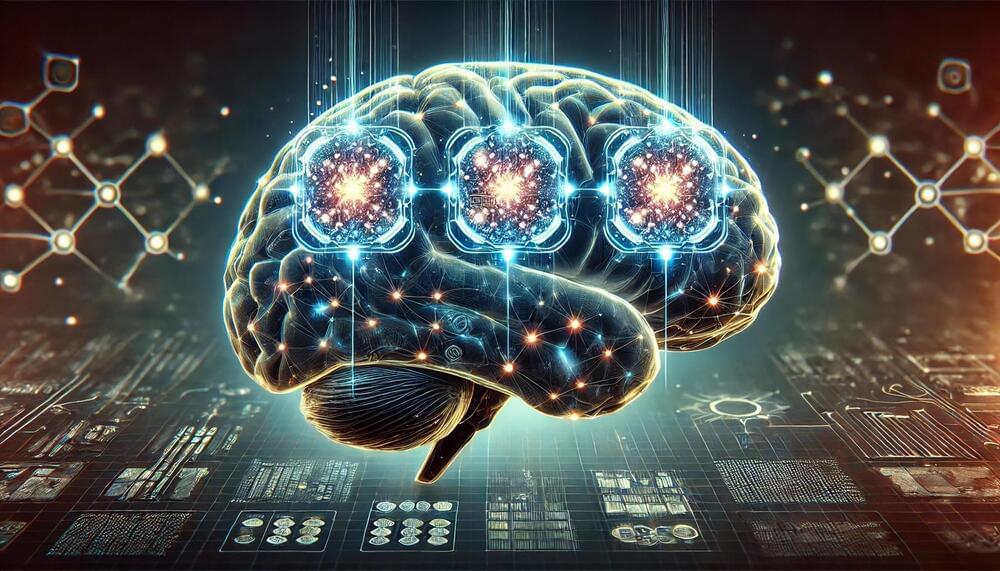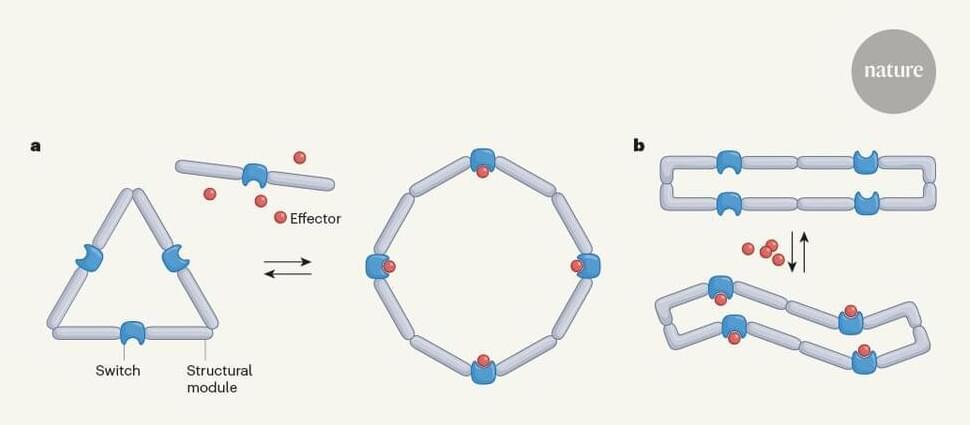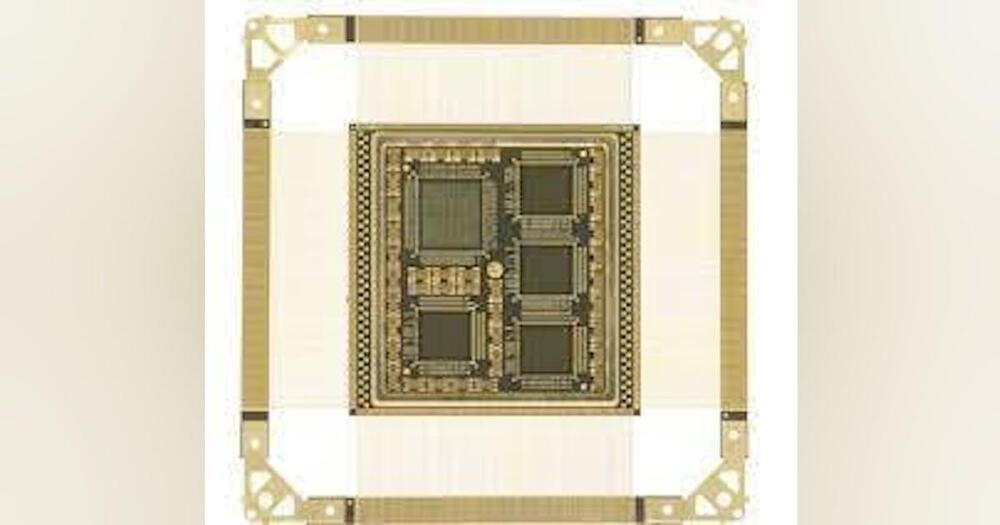Page 418
Aug 17, 2024
Emergence: The mysterious concept that holds the key to consciousness
Posted by Dan Breeden in category: neuroscience
A better understanding of emergent phenomena like the wetness of water, where the properties of a system can’t be explained by those of its constituent parts, could unravel some big mysteries.
Aug 17, 2024
Network model with internal complexity bridges artificial intelligence and neuroscience
Posted by Dan Breeden in categories: neuroscience, robotics/AI
This study shows that by enhancing internal complexity of neurons in a Hodgkin–Huxley network, similar performance to larger, simpler networks can be achieved, suggesting an alternative path for powerful AI systems by focusing on neuron complexity.
Aug 17, 2024
Newly discovered protein stops DNA damage
Posted by Dan Breeden in categories: biotech/medical, food
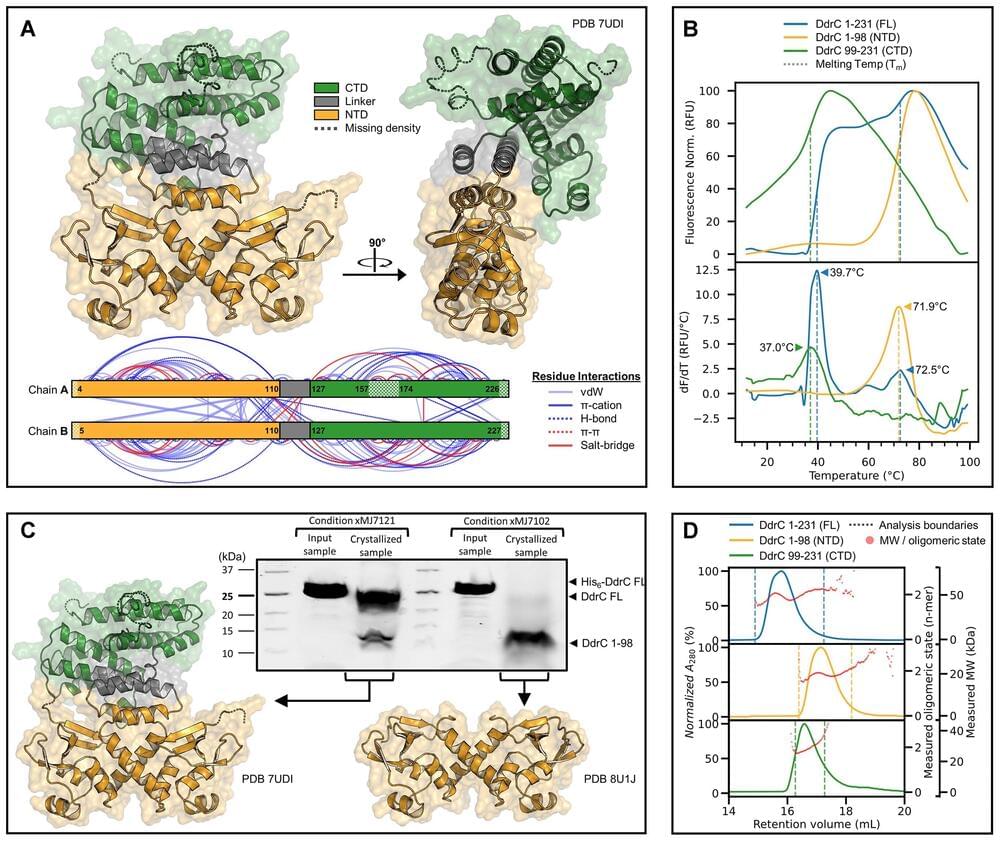
Researchers from Western University have discovered a protein that has the never-before-seen ability to stop DNA damage in its tracks. The finding could provide the foundation for developing everything from vaccines against cancer, to crops that can withstand the increasingly harsh growing conditions brought on by climate change.
Aug 17, 2024
New Research Reveals That Your Brain’s Memory “Resets” Every Night
Posted by Dan Breeden in category: neuroscience
Cornell University research demonstrates that sleep resets the hippocampus, enabling continuous learning and offering new strategies for treating memory-related disorders.
While everyone knows that a good night’s sleep restores energy, a new Cornell University study finds it resets another vital function: memory.
Learning or experiencing new things activates neurons in the hippocampus, a region of the brain vital for memory. Later, while we sleep, those same neurons repeat the same pattern of activity, which is how the brain consolidates those memories that are then stored in a large area called the cortex. But how is it that we can keep learning new things for a lifetime without using up all of our neurons?
Aug 17, 2024
Brain found to store three copies of every memory
Posted by Dan Breeden in categories: computing, neuroscience
Like a computer system with built-in redundancies, a study has revealed that brains use three different sets of neurons to store a single memory. The finding could one day help soften painful memories in people who’ve suffered trauma.
By imaging the brains of mice, researchers at the University of Basel’s Biozentrum, were able to watch what happens when a new memory is formed. What they found was that the rodent brains called three different sets of neurons into action to record the memory. The first are known as early-born neurons and are the earliest to develop as a fetus is growing. At the other end of the spectrum are the late-born neurons, which show up late in embryonic development. Between these are neurons that form somewhere right in the middle of growth in the womb.
The imaging study revealed that when the new memory is stored in the early-born neurons, it is initially hard to retrieve, but it becomes stronger as time goes on.
Aug 17, 2024
How to design a protein that can be switched on and off
Posted by Dan Breeden in category: futurism
Aug 17, 2024
Honeywell to continue sustaining radiation-hardened circuit manufacturing capability for space applications
Posted by Saúl Morales Rodriguéz in categories: government, robotics/AI, space travel
The services are necessary to maintain a domestic trusted source for strategic radiation-hardened microelectronics to meet the U.S. Department of Defense (DOD) certification to Congress, as stipulated by the fiscal 2018 National Defense Authorization Act Section 1,670, DOD officials say.
Radiation-hardened microelectronics components are necessary for manned and unmanned spacecraft operating on long-duration orbital missions in high-radiation space environments like geosynchronous orbits.
Aug 17, 2024
Two programs suggest the Pentagon is getting better at buying technology
Posted by Saúl Morales Rodriguéz in category: military
The Maven and Collaborative Combat Aircraft efforts display real steps forward, a pair of reports say.
Aug 17, 2024
Can AI spot vulnerabilities in infrastructure software?
Posted by Saúl Morales Rodriguéz in categories: finance, robotics/AI
DARPA is giving seven teams $2 million to hone tools for scrutinizing the open-source code that underpins everything from banks to water systems.


